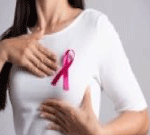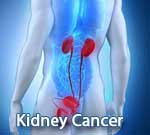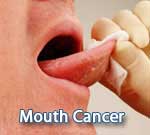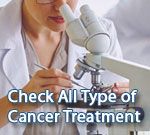Stomach Gastric Cancer
Followup Care:
NutritionIt is important to eat well during and after cancer treatment. You need the right amount of calories, protein, vitamins, and minerals. Eating well may help you feel better and have more energy.
Eating well can be hard. Sometimes, especially during or soon after treatment, you may not feel like eating. You may be uncomfortable or tired. You may find that foods do not taste as good as they used to. You also may have side effects of treatment such as poor appetite, nausea, vomiting, or diarrhea.
A registered dietitian can suggest ways to deal with these problems. Some people with stomach cancer are helped by receiving nutrition by a feeding tube or by injection into a blood vessel. Some are helped by nutritional beverage products.
Nutrition After Stomach Surgery
Weight loss after surgery for stomach cancer is common. You may need to change the types of food you eat. A registered dietitian can help you plan a diet that will give you the nutrition you need.
Another common problem after stomach surgery is dumping syndrome. This problem occurs when food or liquid enters the small intestine too fast. It can cause cramps, nausea, bloating, diarrhea, and dizziness. Eating smaller meals can help prevent dumping syndrome. Also, you may wish to cut down on very sweet foods and drinks, such as cookies, candy, soda, and juices. A registered dietitian can suggest foods to try. Also, your health care team may suggest medicine to control the symptoms.
You may need to take daily supplements of vitamins and minerals, such as calcium. You also may need injections of vitamin B12.
You may want to ask a registered dietitian these questions about nutrition:
- What foods are best soon after surgery?
- How can I avoid dumping syndrome?
- Are there foods or drinks I should avoid?
Follow-up care after treatment for stomach cancer is important. Even when there are no longer any signs of cancer, the disease sometimes returns because undetected cancer cells remained somewhere in the body after treatment. Your doctor will monitor your recovery and check for recurrence of the cancer. Checkups help ensure that any changes in your health are noted and treated if needed. Checkups may include a physical exam, lab tests, x-rays, CT scans, endoscopy, or other tests. Between scheduled visits, you should contact the doctor if you have any health problems.
Facing Forward Series: Life After Cancer Treatment is an NCI booklet for people who have finished their treatment. It answers questions about follow-up care and other concerns. It has tips for making the best use of medical visits. It also suggests ways to talk with the doctor about making a plan of action for recovery and future health.





































